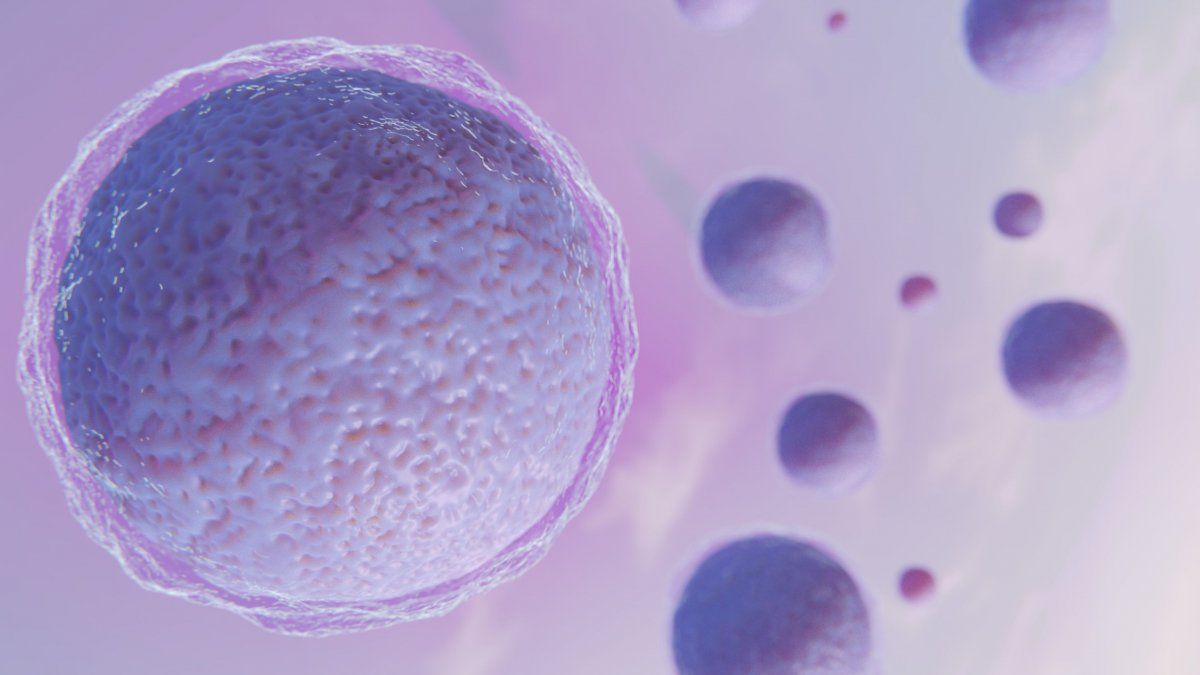Freezing eggs is an increasingly popular option among women in their 30s who want to preserve their fertility. But let’s open a debate: What would you think if this procedure were applied in our society as something more routine medical?
The content you want to access is exclusive to subscribers.
Regardless of the decision that one later makes regarding becoming a mother or not, it could be analyzed as a viable alternative for prevention in the future. But to prevent what? Prevent, for example, possible future discomfort, preserve mental health in an eventual search for pregnancy. Acquiring the possibility of making the decision tomorrow with freedom and autonomy of course, but without any pressure due to advancing age and the eggs that are simultaneously losing quality. As we said then, naturalize the practice at 30 – or even earlier – as a guarantee of mental peace and that the biological clock does not tick when making a decision as important as becoming a mother. But apply egg freezing in an informed manner as another medical routine, with the exclusive freedom to choose whether to later use or discard them.


Assisted reproductive technology has advanced significantly in recent decades, offering new opportunities for women who wish to postpone childbearing, and egg freezing has emerged as a powerful tool for fertility care. This procedure allows women to preserve their eggs in their healthiest state, which is especially relevant in the third decade of life, when the quality and quantity of eggs begin to decline.
Fertility care is a crucial component of reproductive wellness, and egg freezing offers a proactive option for women in their 30s who are not choosing motherhood for personal, professional, or medical reasons. In fact, studies have shown that the probability of success in in vitro fertilization (IVF) is greater with eggs cryopreserved at a younger age, due to higher genetic quality and lower risk of chromosomal abnormalities.
The decision to do so can be accompanied by a range of emotions, from hope to anxiety, which is why providing support is essential.
psychological to women in this process. Consulting with a fertility psychologist can help manage expectations and possible emotional concerns, such as fear of treatment failure or the impact on personal and professional life.
Despite its benefits, egg freezing still faces social prejudice and stigma: some negative perceptions include the idea that women who opt for this procedure are defying traditional norms of motherhood or that they are overly focused on their careers at the expense of the family. These prejudices can generate feelings of guilt or shame in women, underscoring the need for greater education and public awareness about fertility and assisted reproduction.
In the modern era, reproductive autonomy has become a central aspect of women’s rights. Freezing eggs represents an extension of this autonomy, allowing women to make informed decisions about their reproductive future without the limitations imposed by biological aging. This procedure is a reflection of the evolution of gender roles and social expectations, supporting women in finding a balance between their personal and professional aspirations.
The practice in women in their 30s not only protects future fertility, but also empowers women in their reproductive decision-making. By addressing the medical, psychological and social aspects, and confronting the associated prejudices, we can move towards a society that values and respects women’s reproductive autonomy. It is essential to continue research and education in this field to support the comprehensive well-being of women in their reproductive journey and highlight the importance of taking care of mental health in this entire scenario.
Psychologist
Source: Ambito
I am an author and journalist who has worked in the entertainment industry for over a decade. I currently work as a news editor at a major news website, and my focus is on covering the latest trends in entertainment. I also write occasional pieces for other outlets, and have authored two books about the entertainment industry.




